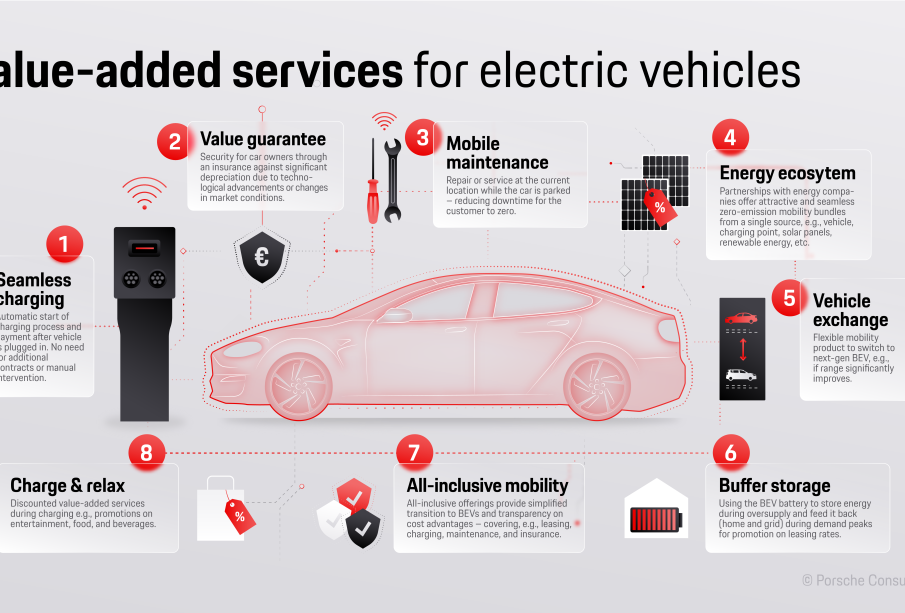Recent Reforms in Electric Vehicle Charging in the UK

Introduction
The transition to electric vehicles (EVs) is a crucial component in the fight against climate change and reducing urban air pollution. With the UK government aiming for all vehicles to be zero emission by 2030, the importance of effective electric vehicle charging infrastructure has never been more evident. Recent reforms in the UK’s electric vehicle charging landscape are set to enhance accessibility, reliability, and affordability of charging solutions, making electric vehicles a more viable option for consumers.
Detailing the Reforms
In September 2023, the UK government outlined a comprehensive plan aimed at overhauling the electric vehicle charging system. Key aspects of this reform include:
- Increased Charging Points: The government plans to increase the number of public charging points to 300,000 by 2030, marking a substantial rise from the current figures. This increase aims to facilitate easier access for EV users and reduce range anxiety.
- Standardization of Charging Tariffs: New regulations will enforce transparent pricing for charging services, ensuring that users will pay a fair and consistent price across different networks and locations, eliminating confusing discrepancies between providers.
- Enhanced Accessibility: New legislation requires at least 40% of charging points to be accessible for individuals with disabilities, aiming to make electric vehicle adoption inclusive for all segments of society.
- Local Government Support: Local councils will receive guidance and funding to establish more charging points, focusing on high-demand areas such as residential neighbourhoods and commercial centres. This aims to create a robust network that meets local needs.
Conclusion
The reforms in electric vehicle charging infrastructure are significant steps towards bolstering the acceptance and use of electric vehicles across the UK. By addressing key barriers such as accessibility and pricing, these changes are likely to encourage a greater number of individuals to consider switching to electric vehicles. With continued government commitment and investment in this sector, it is anticipated that the UK will lead the charge in sustainable transportation, benefiting both the environment and its citizens in the long term. As more reforms take root, it is crucial for stakeholders, including local councils and private providers, to collaborate and innovate alongside these changes, ensuring the set targets are met efficiently.









